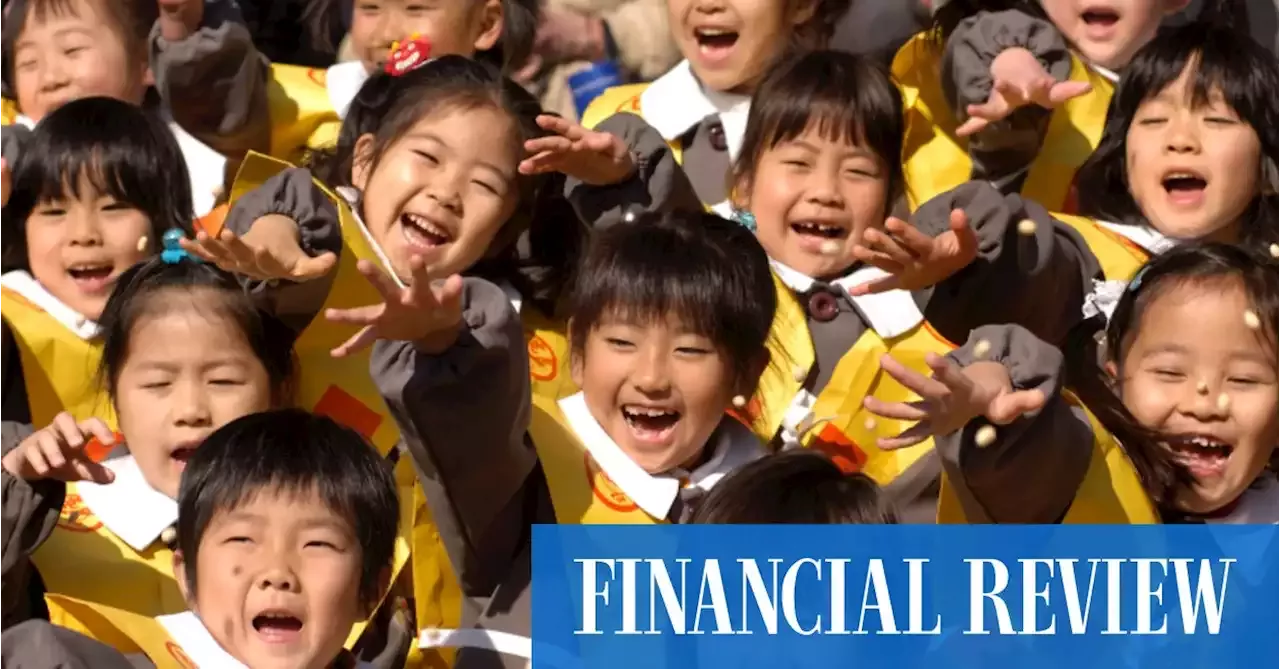Outside Japan, falling fertility rates risk taking the steam out of Asia’s economic powerhouses. South Korea has had the world’s lowest birthrate for years, dipping to 0.78 in 2022. The proportion of women aged 25 to 39 dropping out of the workforce there is also the highest among developed nations, believed to stem in part from a lack of childcare – another driver of low fertility.
It’s no secret that a punishing, unsupportive corporate culture across these Asian economies has taken a toll on women’s willingness to have children. Many working in China’s tech industry lament an overtime culture known as 996 – working from 9am to 9pm for six days a week. Jack Ma, founder of Alibaba, drew widespread criticism in 2019 for calling 996 aOne Chinese company recently sought to ease that toxic work culture. In June, online travel agency Trip.
When Anna Furuya returned from maternity leave in 2013 to her job at the time in Itochu’s textile division, in the early days of the company’s working-hour reforms, she felt like an outlier whenever she left for home earlier than her colleagues. “The change hadn’t sunk in yet, so I was a minority using it and felt guilty to leave early,” she says.
Other Japanese enterprises have taken note. Mitsui Sumitomo Insurance said earlier this year that starting this month it would give as much as ¥100,000 to employees who assume some of the workload from colleagues on childcare leave. And Recruit, the Japanese parent of job search and review sites Indeed.com and Glassdoor, allows employees to work from home most of the time and offers extra days off on top of statutory holidays.
